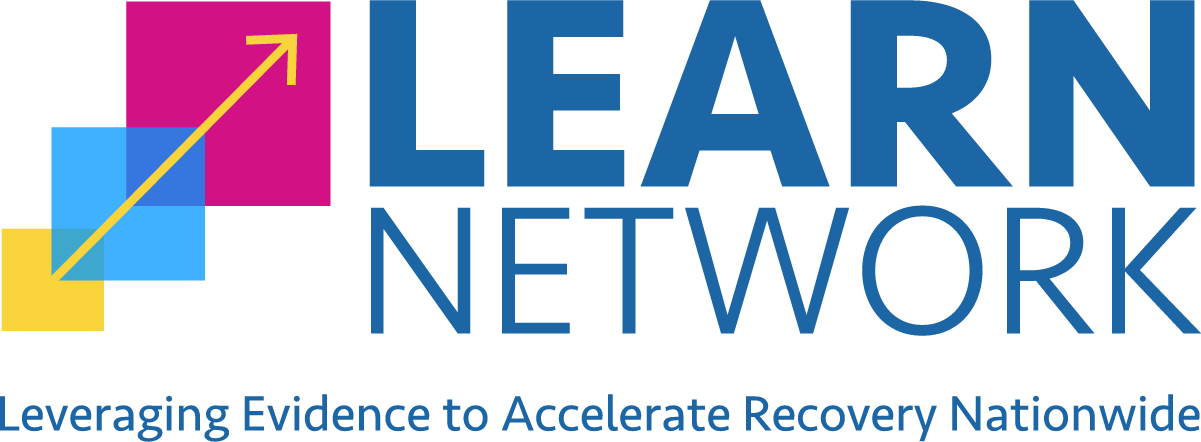
- This event has passed.
Scaling Evidence-Based Products & Programs Within Districts

“It’s an intentional process where we use data to identify needs and then scale interventions that show promising results from initial pilots.” – H. Alix Gallagher, Ph.D., Policy Analysis for California Education (PACE)
In this GLR Learning Tuesdays session hosted in partnership with the LEARN Network, panelists discussed scaling evidence-based products and practices and had a detailed discussion on how to effectively implement and scale educational interventions across different contexts. Vanessa Coleman, Ed.D., of SRI International emphasized that successful scaling requires not just the selection of the right curriculum but also a deep understanding of the unique needs and contexts of each school district. Coleman noted, “It’s about understanding the unique context of each school and district and tailoring interventions to meet the specific needs of students and teachers.”
Victoria Armstrong shared her approach at Dinuba Unified School District in California to scaling evidence-based practices. Armstrong highlighted the importance of starting with small-scale pilots and using data to inform decisions before expanding initiatives. She explained, “We research and find the evidence-based practices, and then we make sure that we pilot starting at a very small scale. And we’re looking at student evidence and talking with the teachers and the participants who are piloting for us before we scale. Then we’re very deliberate in our scaling efforts.” This approach allows for adjustments based on real-world feedback and ensures that the practices are effective before broader implementation.
- Alix Gallagher, Ph.D., of Policy Analysis for California Education (PACE) discussed the role of state-level policy in supporting the scaling process and how PACE has informed this effort in California. She stressed the need for robust data systems and the development of educators’ capacity to use data effectively. Coleman explained this by saying, “Using data to inform instructional decisions is essential for assessing student progress and adjusting practices as needed.” She also highlighted the importance of engaging all stakeholders, including educators, parents and policymakers, to ensure the successful adoption and scaling of these practices.
Arlene Sullivan, M.Ed., from AIM Institute for Learning and Research emphasized the necessity of building teacher and leader capacity to achieve lasting change in literacy outcomes. Sullivan explained that their approach involves a “learn, practice, apply” model to ensure that educators not only understand evidence-based practices but also know how to implement them effectively in their classrooms. She noted, “We really dive into this fundamental belief that building teacher and leader capacity is the key for lasting literacy change.”
The theme of continuous improvement was recurrent; Coleman summarized this approach by saying, “Continuous improvement allows us to build in and define those indicators of success in real-time and within the context of roles and timing.” This method ensures that interventions are continually assessed and refined based on ongoing data and feedback, which is crucial for scaling evidence-based practices effectively. A strategic, data-informed approach to scaling educational practices requires contextual adaptation and highlights the pivotal role of building educator capacity and stakeholder engagement.
Panel






